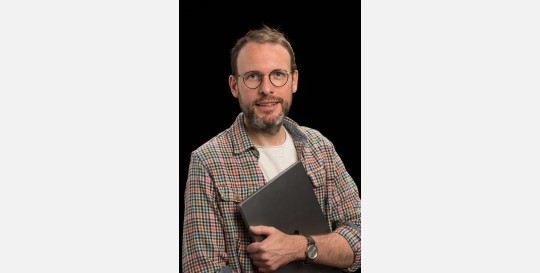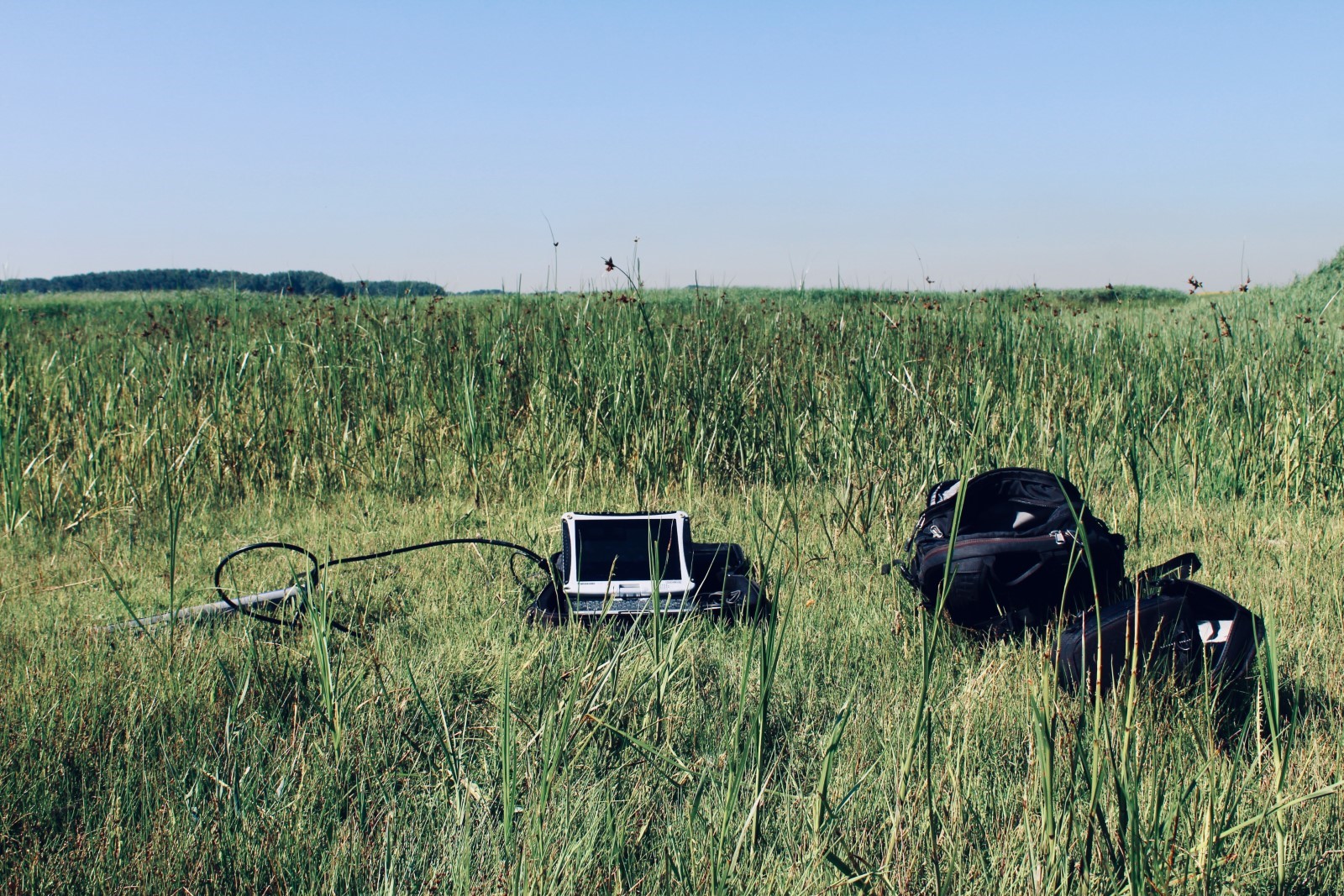Olivier Gourgue
Natural Environment

- olivier.gourgue@naturalsciences.be
- 0000-0003-0022-3637
Olivier Gourgue is a marine ecosystem modeler who develops advanced numerical models to understand marine ecosystems and their responses to climate change. His research focuses on coastal wetlands, estuaries and the coastal ocean, aiming to reveal how these ecosystems function and adapt to environmental changes.
Function
In the scientific staff of the Royal Belgian Institute of Natural Sciences, Olivier coordinates the development of the numerical model COHERENS. This versatile system is designed for coastal and shelf seas, with a modular structure centered around a hydrodynamics model. It also includes side-modules for biological and sediment transport applications, contributing to advancements in understanding and application across diverse marine environments.
Research team: ECOMOD
Research theme: Science for a sustainable marine management
Area of Expertise
Olivier’s expertise centers on developing numerical tools to deepen understanding of marine ecosystems. As an engineer collaborating closely with field specialists, he excels in translating conceptual ideas into algorithms. His work primarily involves refining and applying these tools to study coastal environments. He specializes in integrating complex ecological data and models, leveraging his engineering background to innovate ecological research and conservation strategies.
External activities
Olivier is an Associate Editor for Estuarine, Coastal and Shelf Science and a Review Editor for Frontiers in Marine Science (section Costal Ocean Processes).
Professional Experience
Olivier completed his PhD at UCLouvain (2005-2013), focusing on developing a sediment transport model. His research contributed to understanding microbial and chemical pollution in the Scheldt Estuary and coral degradation in the Great Barrier Reef. As a consultant at Flanders Hydraulics Research (2013-2016), he enhanced storm surge prediction models for the Flemish regional government. During his postdoc at UAntwerp (2016-2022), including a visiting scholar tenure at Boston University (2019-2021), Olivier developed the multiscale biogeomorphic model Demeter. His work centered on assessing the resilience of natural and restored coastal wetlands to sea level rise.
Publication highlights
Z. Liu, S. Fagherazzi, Q. He, O. Gourgue, J. Bai, X. Liu, C. Miao, Z. Hu, B. Cui, A global meta-analysis on the drivers of salt marsh planting success and implications for ecosystem services, Nature Communications, 15, 1, 3643 (2024) https://doi.org/10.1038/s41467-024-47769-5
R. van de Vijsel, J. van Belzen, T.J. Bouma, D. van der Wal, B.W. Borsje, S. Temmerman, L. Cornacchia, O. Gourgue, J. van de Koppel, Vegetation controls on channel network complexity in coastal wetlands, Nature Communications, 14, 1, 7158 (2023) https://doi.org/10.1038/s41467-023-42731-3
O. Gourgue, J. van Belzen, C. Schwarz, W. Vandenbruwaene, J. Vanlede, J.P. Belliard, S. Fagherazzi, T.J. Bouma, J. van de Koppel, S. Temmerman, Biogeomorphic modeling to assess the resilience of tidal-marsh restoration to sea level rise and sediment supply, Earth Surface Dynamics, 10, 3, 531-553 (2022) https://doi.org/10.5194/esurf-10-531-2022
O. Gourgue, J. van Belzen, C. Schwarz, T.J. Bouma, J. van de Koppel, S. Temmerman, A convolution method to assess subgrid-scale interactions between flow and patchy vegetation in biogeomorphic models, Journal of Advances in Modeling Earth Systems, 13, 2, e2020MS002116 (2021) http://doi.org/10.1029/2020MS002116
C. Schwarz, O. Gourgue, J. van Belzen, Z. Zhu, T.J. Bouma, J. van de Koppel, G. Ruessink, N. Claude, S. Temmerman, Self-organization of a biogeomorphic landscape controlled by plant life-history traits, Nature Geoscience, 11, 9, 672-677 (2018) http://doi.org/10.1038/s41561-018-0180-y
